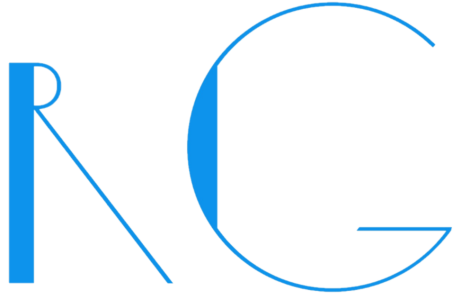I was baptised and confirmed a Roman Catholic. This was the family tradition. We attended mass every Sunday and additionally for special occasions. Once confirmed in my third grade, the aspiration for moving into the senior part of my Catholic primary school was to become an alter server and so I did. Since then, an increasing distance has grown between religion and me. I suspect, more a sign of our times than personal.
In our age of choice, we are also given the opportunity to make our own changes in tradition and spirituality. I set out on this piece with a clear disclaimer of my own ignorance. This choice has only been given relatively limited energy so far. The journey of finding which camp I will prefer to sit at by the fire continues on.
It seems the argument for religion, beyond that of blind belief, relates to history. The fact that it has history. Understandably, we don’t really know if it is true, we don’t really know if there is something beyond. As goes the usual rebuttal of science, there is no proof, no evidence and it only represents the all too human interpretation of it’s scribes. Whilst so, the fact that it has persisted so long, concurrently with the successful evolution of its followers or Creator (whichever your camp), is remarkable. This credibility of time shows it has proven itself aligned with not just survival but varying degrees of progress.
For me, blindly following anything without question causes a pang – not that it can actually be escaped, that is our nature. But where I see another advantage in religion is that it provides people a credible shortcut to a way of life. People don’t need to exert energy to set the trajectory and establish irreducible and comprehensive decision frameworks. Paramount here are altruistic boundary conditions premised on respect for others and their beliefs. A shortcut, in this increasingly time poor world, must be of benefit.
An inherent problem of any written tradition is of literal interpretation. This can be likened to a pursuit of purity. When the disciples of a religion (or sometimes constitution) decide that something in the world has gone awry and the only way to make amends is to return to the texts literal prescription, is only prescription for disaster. First off, literal is never literal and secondly the actual is (likely) lost. Literal interpretation of a text written thousands of years ago is no different than prescribing to those watching a movie, to rewind it to the start, when they get to the end credits – this behaviour is as relevant as the VHS cassette tapes it served. Literal interpretation of text in a bygone era only serves to cause devastation. The actual on the other hand sees the divine move to a more humanistic quality. The actual is relevant and relatable. It is only achieved through revision, sermon and feedback.
Where my interest now lies is understanding how religion has evolved with humanity. In Christianity’s case, for example, beyond the delays inscribing of scripture, there have been numerous additions, interpretations and redactions along its path. This could be part argued as its evolution with us. In a similar vain for how Judaism requires not literal interpretation of the written Torah but a Rabbi’s interpretation through the spoken word. This allows for blending and morphing of interpretation or complete new tangents. For any religion to be able to evolve is integral for a world where technology is galloping away from culture. As we give chase, blinkers on, which bars will be the collateral knocked from the hurdles we encounter?
Key questions to guide here: Have we identified and tossed enough skeletons from the closet? How subject to pure interpretation is it and at what impact?
Beyond this is understanding what would replace that which is thrown away. In finding credible replacements, how we could, and whether we need to, disconnect the essence of religion from a new value system – such as Sam Harris’ Moral Landscape. Mimetics and the Hegelian notion of the Weltgeist, world spirit, resonate here. I will digest more from Harris, Richard Dawkins, Dalai Lama XIV and other thinkers in this realm.
My current position rests, influenced by upbringing and my logic of others’ reasoning, that there is likely gold in the pan. It’s not so much in a religion but in the idea of religious tradition. History, current relevance and in-built virtue seem most important. Before falling either side of the fence, I want to spend more time exploring. What I believe is that any dogmatic or purist religious approach needs to hurriedly evolve. A compete discarding may be impossible both practically and biologically anyway.
